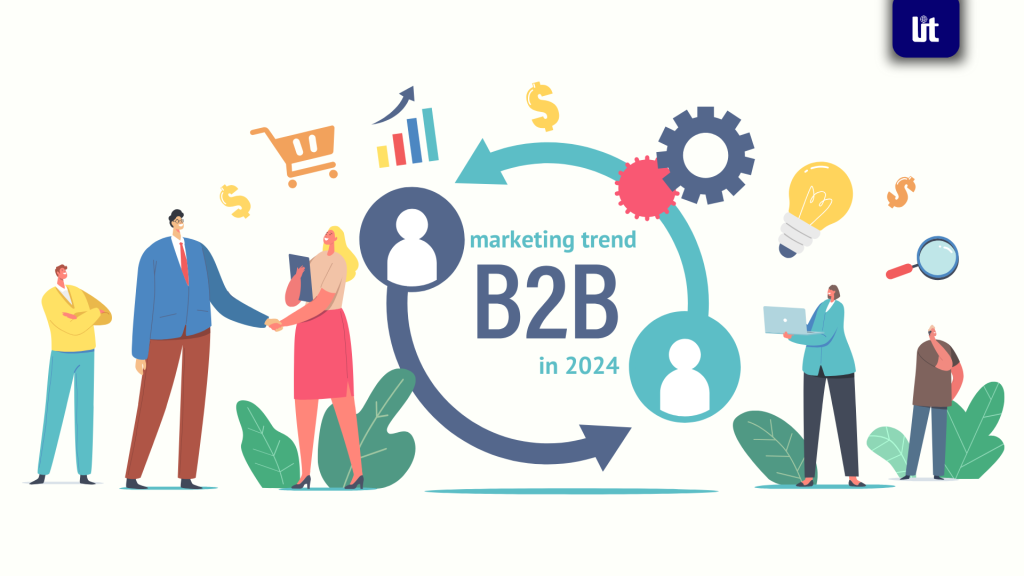
B2B marketing trends you need to know in 2024
B2B marketing trends in 2024 are being shaped by technological advancements, changes in buyer behavior, and evolving market dynamics. Here are some key trends:
1. Artificial Intelligence and Automation
AI is increasingly being used to enhance marketing efforts, from personalized content recommendations to automated customer interactions. Predictive analytics are helping businesses understand potential leads and customer behavior more accurately.
2. Personalization at Scale
B2B buyers expect personalized experiences similar to B2C. Advanced segmentation and AI-driven personalization enable tailored marketing messages that resonate with specific audience segments.
3. Content Marketing Evolution
High-quality, valuable content remains critical. Video content, podcasts, and interactive content are gaining traction. Thought leadership and educational content that addresses specific pain points are particularly effective.
4. Account-Based Marketing (ABM)
ABM continues to grow, focusing on highly targeted and personalized marketing efforts directed at specific high-value accounts. Collaboration between sales and marketing teams is essential for ABM success.
5. Data Privacy and Compliance
With increasing data privacy regulations (like GDPR and CCPA), B2B marketers must ensure compliance. Transparent data practices and obtaining clear consent are crucial for maintaining trust.
6. Customer Experience (CX) Focus
Delivering a superior customer experience is paramount. This involves seamless integration across various touchpoints, from initial contact to post-sale support, ensuring a consistent and positive experience.
7. Social Selling and Influencer Marketing
Social media platforms are essential for B2B marketing. LinkedIn remains a key platform, while other networks like Twitter and even emerging platforms are being leveraged for social selling and influencer partnerships.
8. Sustainability and Social Responsibility
B2B buyers are increasingly considering companies’ sustainability practices and social responsibility. Marketers are emphasizing these aspects in their branding and messaging.
9. AI-Powered Chatbots and Virtual Assistants
Chatbots and virtual assistants provide 24/7 support, improving lead generation and customer service. These tools are becoming more sophisticated, offering more human-like interactions.
10. Integration of MarTech Stacks
Integrating various marketing technologies (MarTech) to create a cohesive, data-driven approach is vital. This includes CRM systems, marketing automation platforms, and analytics tools working together seamlessly.
ใส่ความเห็น